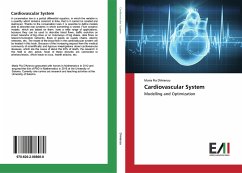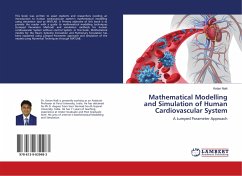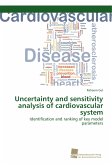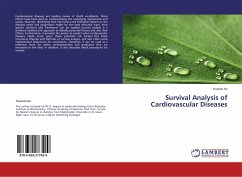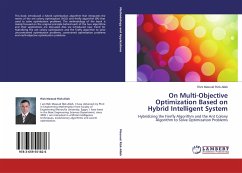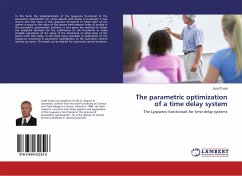A conservation law is a partial differential equation, in which the variable is a quantity which remains constant in time, that is it cannot be created and destroyed. Thanks to the conservation laws it is possible to define models able to describe real systems in which something is stored. Fluid dynamic models, which are based on them, have a wide range of applications, because they can be used to describe blood flows, traffic evolution on street networks of big cities or on motorways of big states, data flows on telecommunication networks, flows of goods on supply chains, electric networks, etc. The model of the blood flow in the cardiovascular system will be treated in this book. Because of the increasing request from the medical community of scientifically and rigorous investigations about cardiovascular diseases, which are the cause of about the 40% of death, the research in this field is very active. Most of these disturbs are connected to arteriosclerosis, which leads to ictus, hearth attacks, etc.
Bitte wählen Sie Ihr Anliegen aus.
Rechnungen
Retourenschein anfordern
Bestellstatus
Storno

